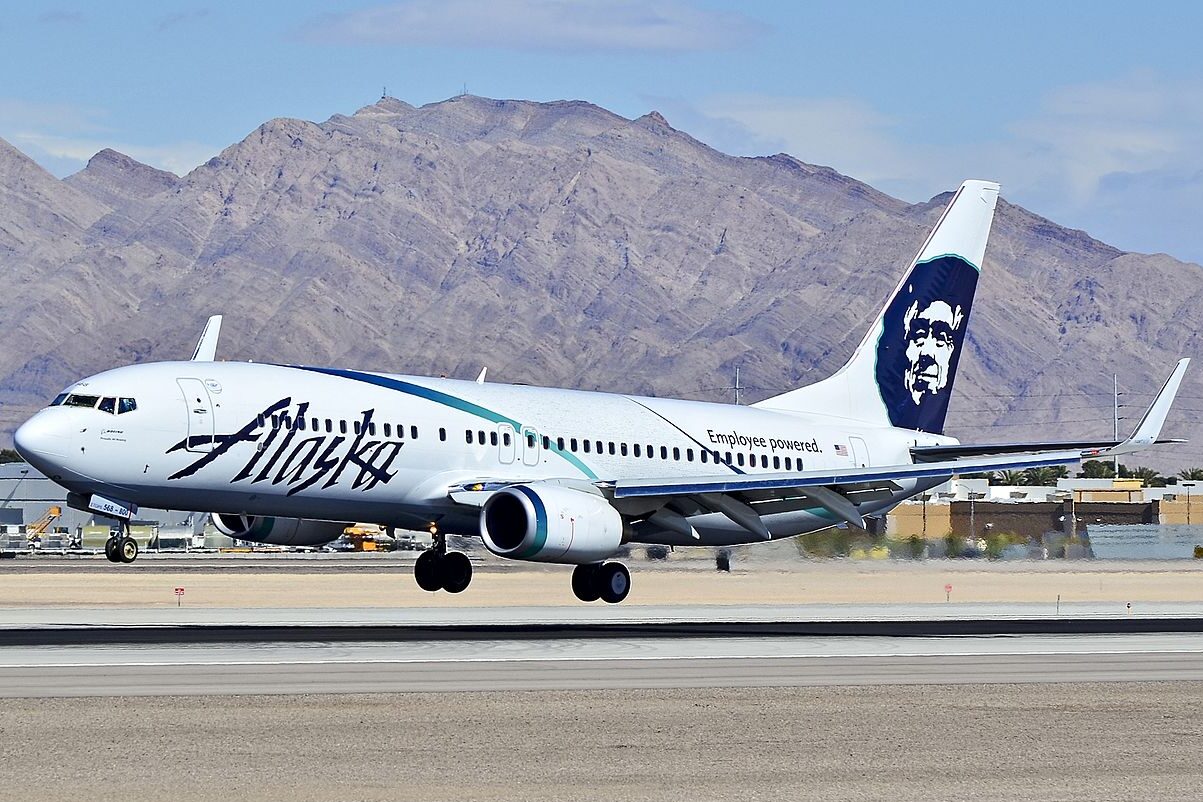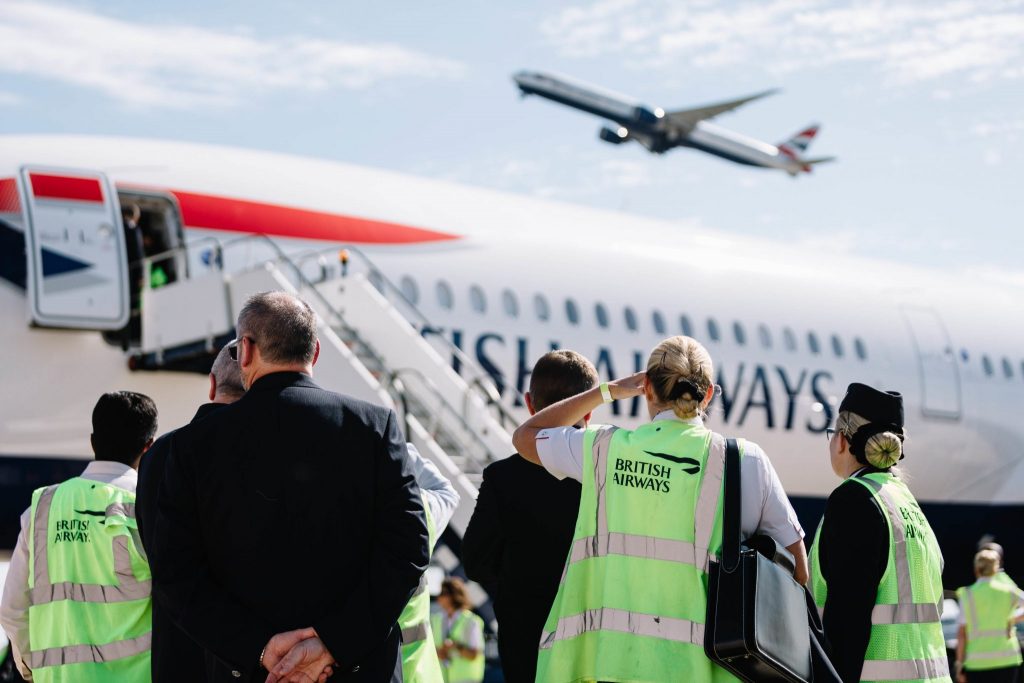The Best of Daily Lodging Report for the Week Ending December 3

Skift Take
Skift’s Daily Lodging Report is a subscription-required, email-only newsletter read by anyone and everyone in the hotel investor, owner, and operator space, including CEOs of some of the industry’s top brands. With two separate regional versions, it covers everything from North America to Asia Pacific. The report itself, curated by founder Alan Woinski, boils industry news down to a quick, easy-to-read daily digest known for keeping readers up to date in an efficient, effective way.
Here’s a sampling of what the Daily Lodging Report provided to its readers this past week. If you’re not a subscriber, you should be. Don’t wait. Sign up now here.
Monday, Nov. 29
Inspire Integrated Resorts Co., and affiliate of Mohegan Gaming & Entertainment from the United States, said they have completed securing 1.8 trillion won (US$1.6 billion) for its new luxury resort project in an international business district near Incheon International Airport, Korea. MGE said the Inspire Entertainment Resort has attracted 1 trillion won through senior and subordinated loans from NH Investment & Securities Co., KB Investment & Securities Co. and Hana Financial Investment Co. as well as other anonymous underwriters. Hanwha Engineering & Construction Corp has committed a 100 billion won investment by buying convertible subordinated bonds. They will be responsible for building the resort. Hanwha Hotels & Resorts Co. will be in charge of the hotel operations as a strategic partner. MGE, with $575 million of equity capital, will sign a deficiency agreement to support up to US$100 million in cash in case of a financial shortfall in the project. They are also arranging another deficiency agreement with the two Hanwha affiliates to support loan interest. MGE said they aim to open the resort in 2023 with 1.8 trillion won needed for the first phase which will include more than 1,100 five star guest rooms, a 15,000 seat concert and sports arena, a foreigner-only casino with 150 table games and 700 electronic games, 19,000 square meter conference halls, 70,000 square meter theme park and other facilities including a shopping mall and indoor pool space, The four phase project will cost 6 trillion won, if/when it is ever fully built. The project started in 2016. MGE said the construction project initiated in May 2019 but was delayed by the pandemic.
Skift Note: Pay attention to deals like this involving U.S. gaming companies wanting to expand to Asia. Macau is no longer the only game in town — especially if regulators get too involved in the special administrative region of China.
Tuesday, Nov. 30
Japan quickly reversed course and shut its borders to foreigners, blaming the Omicron variant. Japan’s measures are among the strongest, so far, in the Asia Pacific region even as Japan has no current cases of Omicron diagnosed in the country. Only last week they upped the limit on the number of inbound travelers to 5,000 from 3,500 following the easing of quarantine time frames. In Thailand the government said they would not move forward on easing the health tests conducted on arriving passengers from Test and Go countries which include the US, Australia, parts of the Middle East, the UK and most of Europe. Given Moderna’s comments that they do not believe their vaccine will be effective against the Omicron variant, at this point just tightening restrictions should be welcomed because the sheer panic this has caused has lockdown warning signs all over it.
Skift Note: Travel bans aren’t helping anyone at this stage of the pandemic, even with the emergence of new variants.
JLL Hotels & Hospitality Group released its first annual Global Asset Management Report providing guidance to hotel owners as they embark upon the 2022 planning season. Key themes include: revenue stream diversification, labor strategies, non-labor expanse management techniques and shifting fee models. Where JLL sees the biggest shift for 2022 is the focus on Total RevPAR as opposed to RevPAR. This means that as hotels reinvent themselves, we should be looking at the total revenue of the entire hotel and how every square footage of the hotel impacts the bottom line. Going above and beyond the room stay allows operators to analyze how the spa, on-site restaurants, and fitness offerings supplement the guest rooms, and, in some cases, provide a healthy daily revenue stream despite not capturing a room stay.
Skift Note: The hotel business is quickly becoming one that is about making money beyond the walls of a guest room.
Wednesday, Dec. 1
Macau’s Statistics and Census Bureau announced Macau’s 116 hotels and inns recorded 444,000 guests in October, a year-on-year growth of 1%. Mainland guests fell by -5.6% to 340,000 but local guests rose by 35.6% to 78,000. The number of available guestrooms rose by 0.9% to 36,000. Macau’s number of overnight visitors dropped by 63.9% month on month in October due to tightened cross-border Covid-19 control and preventative measures between Macau and Zhuhai. That caused a -4.9% drop in occupancy on a month-to-month basis to 44.6% in October while ADR was up by 4.8 percentage points year on year.
Skift Note: Take all data this week with a grain of salt, unfortunately, due to Omicron. Given China’s tough crackdowns on any new cases, Macau’s ever-so-slight improvement is likely to slide this winter.
Thursday, Dec. 2
US President Joe Biden changed the rules for passengers flying to the US. They will now need to show a negative Covid-19 test performed within one day of departure, going into effect the week of December 6. While not surprising, it will definitely slow down whatever momentum was building for international visitation for the holidays.
Skift Note: It's not a shock to see a tightening of border screening as a result of the emerging Omicron variant. Hotels in major cities, which rely more on international travelers, can't seem to get a break.
Like what you see? Learn more, and secure full daily access by clicking the button below.




